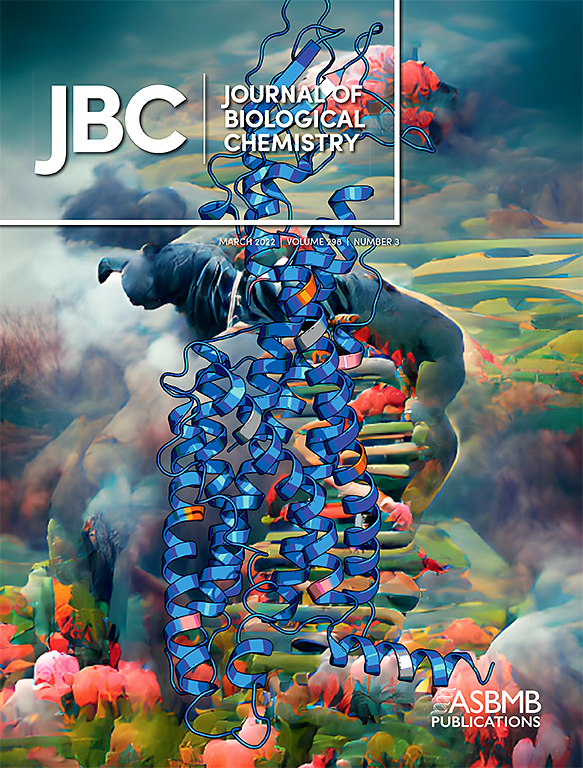
Available online 4 April 2022, 101902
https://doi.org/10.1016/j.jbc.2022.101902

Abstract
Parkinson’s disease (PD) is a neurodegenerative disorder characterized by the loss of dopaminergic neurons in the substantia nigra, as well as the accumulation of intra-neuronal proteinaceous inclusions known as Lewy bodies and Lewy neurites. The major protein component of Lewy inclusions is the intrinsically disordered protein α-Synuclein (α-Syn), which can adopt diverse amyloid structures. Different conformational strains of α-Syn have been proposed to be related to the onset of distinct synucleinopathies; however, how specific amyloid fibrils cause distinctive pathological traits is not clear. Here, we generated three different α-Syn amyloid conformations at different pH and salt concentrations and analyzed the activity of SynuClean-D (SC-D), a small aromatic molecule, on these strains. We show that incubation of α-Syn with SC-D reduced the formation of aggregates and the seeded polymerization of α-Syn in all cases. Moreover, we found that SC-D exhibited a general fibril disaggregation activity. Finally, we demonstrate that treatment with SC-D also reduced strain-specific intracellular accumulation of phosphorylated α-Syn inclusions. Taken together, we conclude that SC-D may be a promising hit compound to inhibit polymorphic α-Syn aggregation.
Samuel Peña-Díaz; Jordi Pujols; Eftychia Vasili; Francisca Pinheiro; Jaime Santos; Zoe Manglano-Artuñedo; Tiago F. Outeiro; Salvador Ventura
